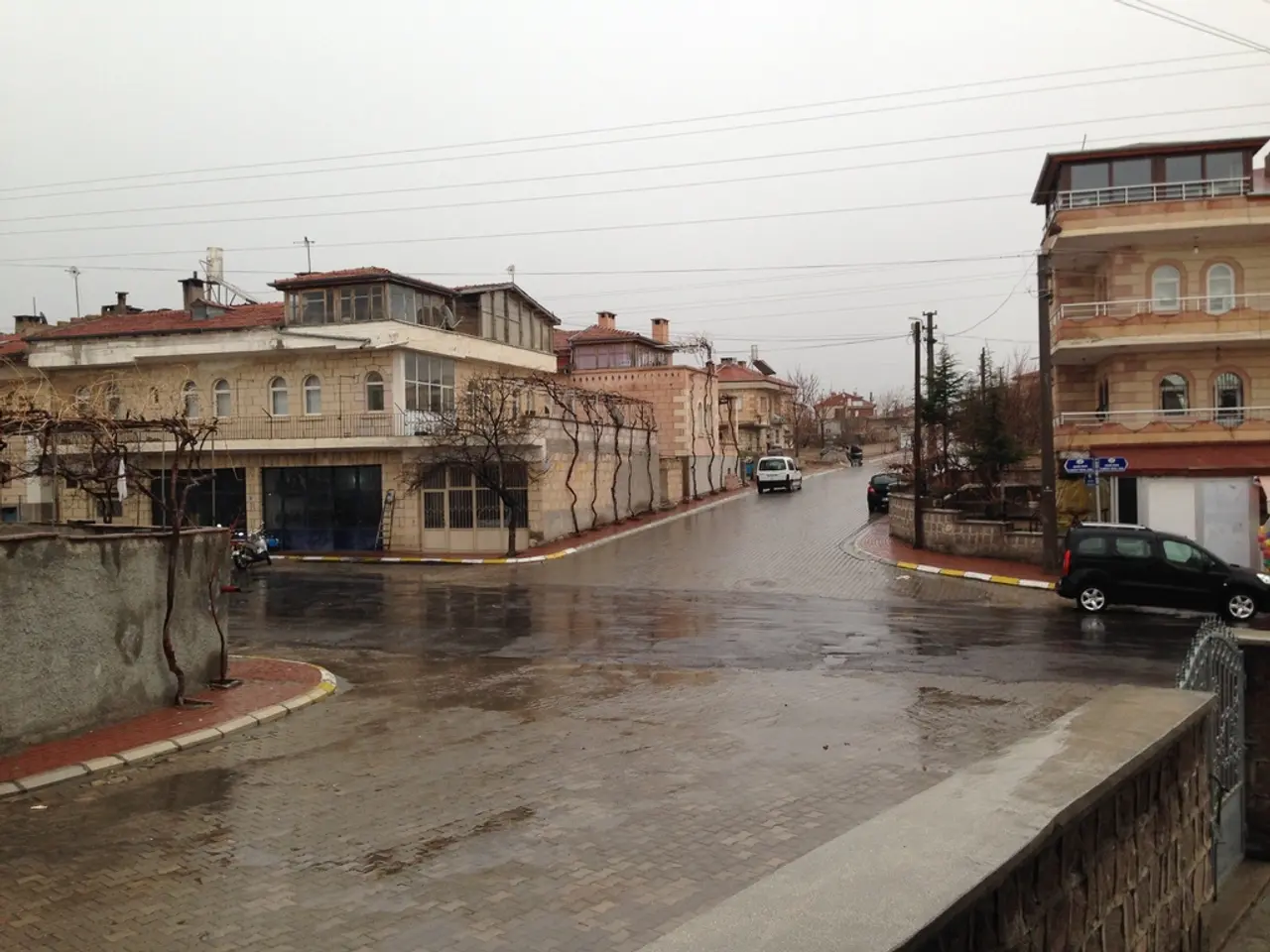British Columbia Government Discontinues PST Exemption for Pre-Owned Electric Vehicles Two Years Earlier Than Planned
British Columbia has announced a change in its policy regarding the provincial sales tax (PST) exemption for used zero-emission vehicles (ZEVs). The decision, made by Energy Minister Adrian Dix, will see the exemption phased out earlier than initially planned, starting on May 1, 2025.
The PST exemption for used EVs was first introduced in the 2022 budget as part of B.C.'s CleanBC initiative. This initiative aims to reduce greenhouse gas emissions and make environmentally friendly vehicles more accessible. The exemption was a crucial step in bridging the affordability gap between EVs and traditional internal combustion engine (ICE) vehicles.
However, the province has decided to remove the used EV tax exemption, a move that is expected to save $48 million in the 2025/26 budget cycle and $54 million in 2026/27, according to the Ministry of Finance. This change could potentially dissuade potential buyers from choosing EVs, raising questions about the future of EV adoption in the province.
In addition to this, the B.C. government has excluded Tesla products from the BC Hydro and CleanBC rebate program. Premier David Eby stated that the decision to exclude Tesla was due to Elon Musk. The excluded Tesla products include the Wall Connector and Powerwall and inverters. No other U.S.-based companies were excluded from the rebate program.
The province continues to offer income-based rebates on new EV purchases. This move aligns with the B.C. government's shifting fiscal priorities, as it seeks to address financial constraints. It's worth noting that the federal government has recently suspended its own EV rebate program.
Whether these incentives will be enough to maintain the province's rapid adoption of EVs is uncertain. The decision to scrap the PST exemption for used EVs was part of B.C.'s broader CleanBC initiative with the ultimate goal of reaching 100% of new passenger car sales being zero-emission by 2035. The PST exemption on used EVs was originally set to expire in 2027.
This change in policy comes at a time when the global focus on climate change and the transition to renewable energy sources is increasingly important. Whether British Columbia can maintain its momentum towards a greener future remains to be seen.








